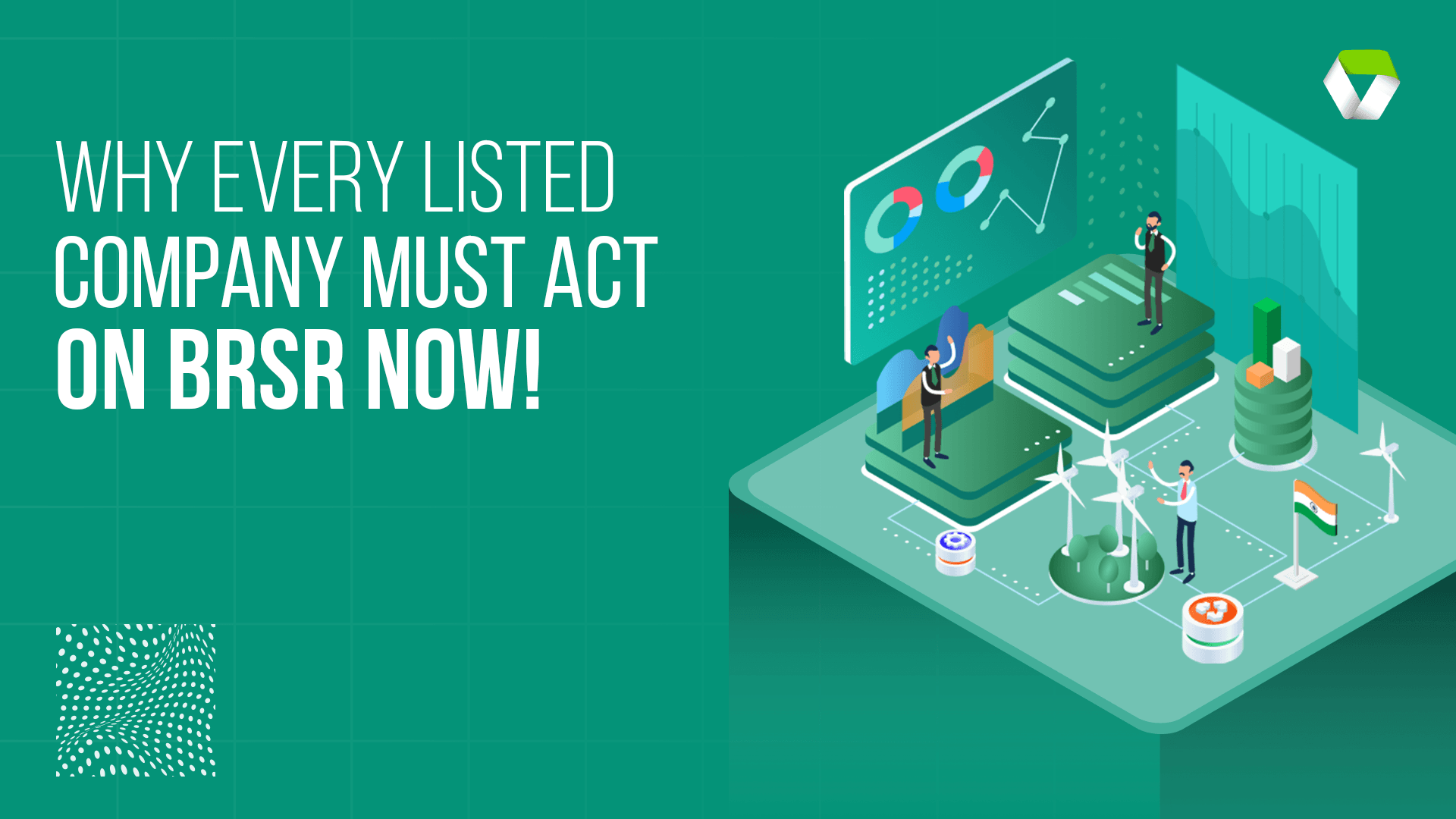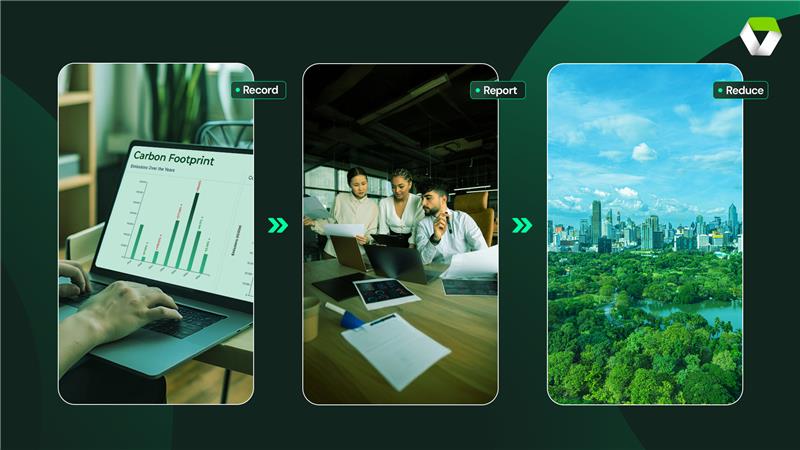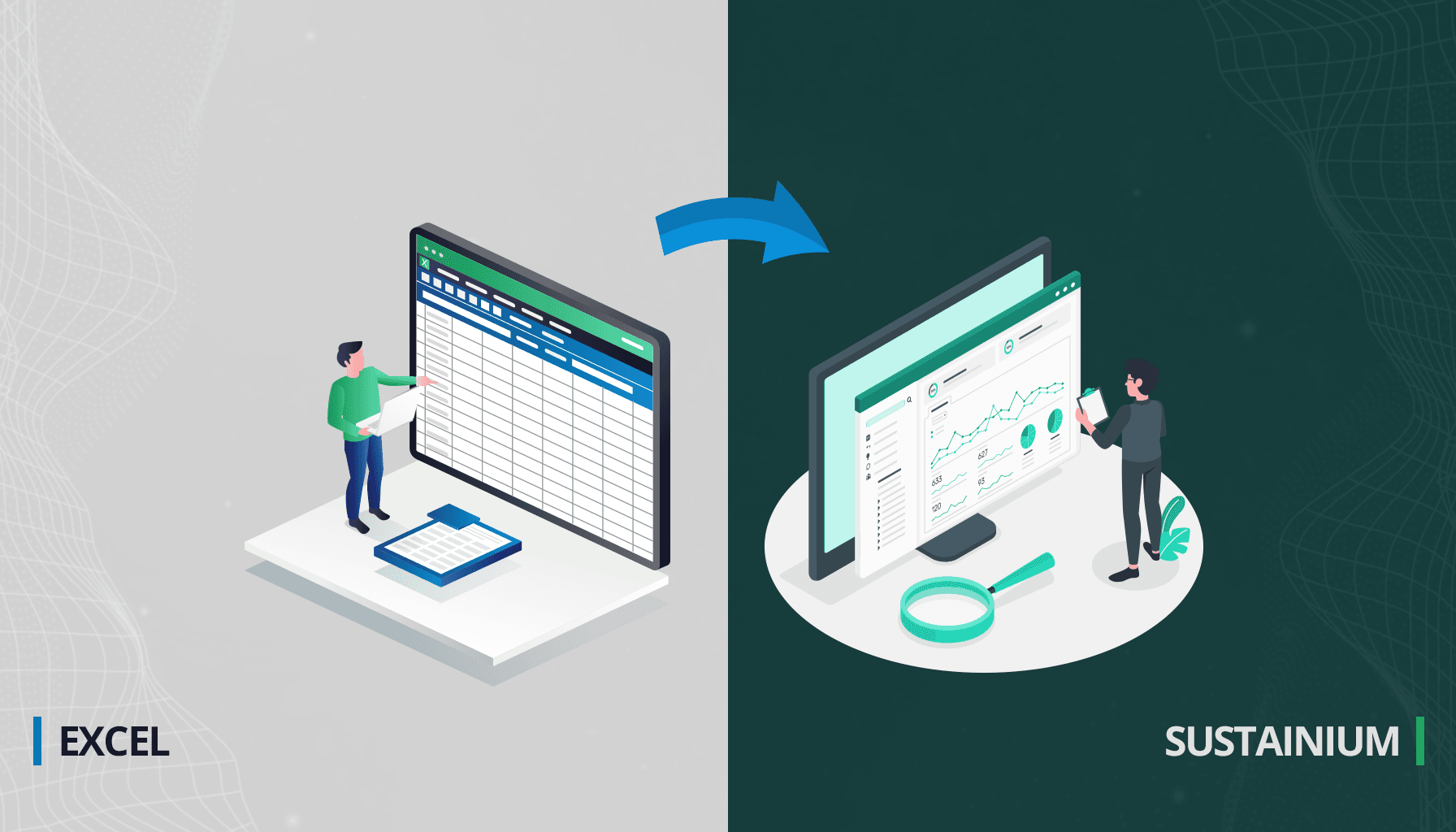Why BRSR Matters: A Strategic Imperative for All Listed Companies in India

Sustainability and responsible business practices are no longer optional—they are essential for long-term growth and resilience. Today, “Sustainability makes business sense”, and ESG reporting is emerging as a critical tool to demonstrate how companies are embedding sustainability into their core strategy.
Across the globe, investors, regulators, and increasingly, consumers are demanding greater transparency around Environmental, Social, and Governance (ESG) practices. In response to this growing need, the Securities and Exchange Board of India (SEBI) introduced the Business Responsibility and Sustainability Report (BRSR) in 2021—a structured, comprehensive ESG reporting framework that is currently mandatory for the top 1,000 listed companies in India.
However, BRSR adoption shouldn't be limited to just these top-tier companies. Any listed company aiming to stay competitive, attract investment, and build trust in the market stands to benefit by embracing this framework proactively.
What is BRSR and Why Is It Gaining Importance?
The Business Responsibility and Sustainability Report (BRSR) is SEBI’s effort to institutionalize ESG reporting in India by standardizing disclosures and making sustainability reporting more transparent and comparable. This framework allows investors, regulators, and stakeholders to assess a company’s long-term impact.
BRSR focuses on three foundational pillars:
- Environmental Impact – Includes metrics on energy usage, greenhouse gas emissions, water consumption, waste management, and climate change initiatives.
- Social Responsibility – Covers employee welfare, diversity and inclusion, human rights, and community engagement.
- Corporate Governance – Encompasses ethical business conduct, risk management, board diversity, and leadership accountability.
Currently mandatory only for the top 1,000 listed companies, BRSR is expected to gradually become a requirement for a broader set of companies—including large unlisted entities. Early adoption, therefore, is not just smart—it’s strategic.
📘 Want to understand BRSR disclosures and KPIs in more detail? Check out our blog on
"Getting Started with BRSR Reporting for 2024–25."
Why All Listed Companies Should Transition to BRSR:
1. Future-Proof Against Regulatory Changes
SEBI’s regulatory trajectory strongly signals the broader applicability of BRSR in the near future. Early adoption enables companies to stay ahead of the curve, ensuring preparedness without the stress and cost of last-minute compliance. Moreover, SEBI’s emphasis on assurance of BRSR reports—as embedded within the core framework—further reinforces its commitment to making ESG reporting more credible, standardized, and auditable. This shift underscores the regulator’s intent to embed ESG as a central pillar of corporate governance in India.
2. Meet Investor & Market Expectations
Institutional and global investors now prioritize ESG performance. A well-structured BRSR report:
- Acts as a starting point for investors to assess a company’s sustainability maturity.
- Aligns with global reporting frameworks such as GRI, SASB, and TCFD, easing investor evaluation.
- Enhances eligibility for ESG-linked financial products and funds.
Examples include:
- In India: ESG-focused mutual funds like those by SBI and Kotak invest only in sustainability-compliant companies.
Globally: Investors aligned with the UN Principles for Responsible Investment (UN-PRI) are mandated to invest in sustainable businesses—favoring companies with transparent ESG disclosures like BRSR.
3. Enhance Brand Reputation & Customer Trust
Today’s stakeholders expect more than profit—they demand purpose. Companies that disclose ESG practices:
- Build stronger brand equity.
- Earn consumer trust and stakeholder confidence.
- Demonstrate leadership in responsible business.
4. Unlock Business Growth & Market Access
Companies, especially smaller or mid-sized ones, that voluntarily adopt BRSR reporting are more likely to:
- Be selected as preferred partners by large ESG-compliant corporations.
- Qualify for procurement opportunities in sustainability-focused supply chains.
- Expand into markets where ESG compliance is a prerequisite.
5. Streamline ESG Risk Management & Decision-Making
BRSR goes beyond reporting—it equips businesses to:
- Identify and mitigate ESG-related risks such as climate change, labor practices, and compliance lapses.
- Integrate sustainability metrics into business strategy. For example, reducing plastics in packaging, moving to clean energy for production, integrating energy efficiency during operations or investing in sustainable raw materials.
- Enhance long-term resilience and stakeholder value. For example, adhering to regulations on user privacy and data protection and avoiding any penalties or ensuring environmental sustainability and thereby creating value for stakeholders.
How Sustainium Helps You Simplify BRSR Reporting
Transitioning to BRSR reporting may seem complex—but it doesn’t have to be. Sustainium is built to make your ESG journey smooth, efficient, and fully compliant with SEBI’s evolving standards.
With Sustainium, you get:
- Predefined Data Templates – Easily enter ESG data in formats tailored to BRSR reporting requirements.
- Automated BRSR Report Generation – No manual report compilation; our platform generates a fully compliant BRSR report with no time spent on formatting.
- Effortless Export – Download ready-to-submit reports in Word and PDF formats for regulatory filings.
- Audit-Ready Assurance Support – Ensure your disclosures are aligned with third-party validation frameworks.
- Real-Time ESG Dashboards – Access visual insights and analytics to guide sustainability strategy and decision-making.
BRSR is more than just a compliance requirement—it’s a gateway to business resilience, investment readiness, and stakeholder trust. Companies that act early will not only be prepared for future mandates but will also position themselves as leaders in India’s sustainable growth journey.





